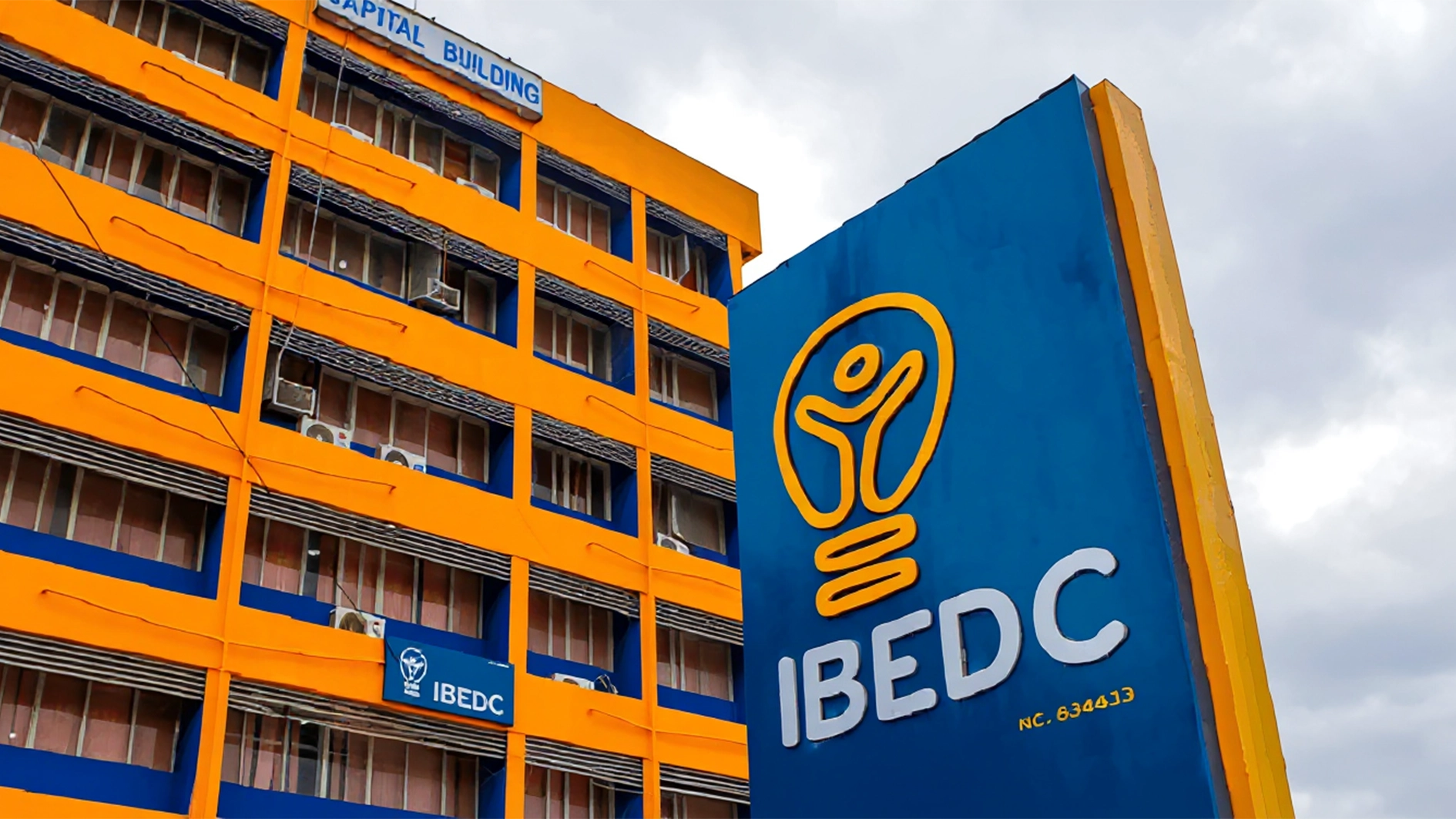
We can’t afford your new electricity tariff, universities tell DisCos
Homes and businesses were left without electric supply for most of yesterday due to a partial collapse of the national grid, with generation falling by 60.15 per cent to 1,255.78MW as of 3:00 p.m. from 3,151.74MW by 2:00 p.m.
Data from the National System Operator (NSO) showed that as of 6:00 p.m. the Transmission Company of Nigeria (TCN) was still battling to restore the grid as supply rose to 1,705.74MW.
The plants on the grid according to TCN were Dadinkowa Hydro Plant (36.24MW), Delta Gas (360.00MW), Geregu Plant (85.00MW), Geregu Nipp (100.00MW), Ibom Power (69.00), Jebba Hydro (364.00MW), Odukpani Nipp (190.90MW), Okpai Plant (259.00MW), Omotosho Plant (170.40), and Sapele Plant (71.20MW).
The electricity grid had earlier collapsed in the day when the total generation on the grid read 00:00:00 at 1:33 p.m. yesterday. The total system collapse which led to total blackout in most parts of the country, is occurring for the fifth time in 2024. The last time the country was plunged into darkness due to the grid failure was on July 6, 2024.
A check on the Independent System Operators website showed that electricity generated by the 22 generation companies peaked at 4,067.77MW and declined to its least at 823.5MW before the total drop to 0.00.
An official of the TCN, who confirmed the incident to our correspondent, said it was a partial collapse. The TCN official, who did not want to be named because he was not authorised to speak to the press, said power is being restored gradually.
Meanwhile, the Committee of Vice Chancellors of Nigerian Universities (CVCNU) has again condemned the recent hike in electricity tariffs being charged to universities by the various electricity distribution companies in the country, saying the increment is uncalled for as no Nigerian universities can afford the new tariff.
The committee declared that even when the tariffs were much lower, most of the universities found it very difficult to pay their electricity bills and wondered why the electricity distribution companies have now hiked their tariffs by 300 per cent.
The Secretary-General of the committee, Prof Yakubu Ochefu, who expressed this displeasure in a chat with newsmen said it was surprising that universities could be placed on Band A tariff when they are not commercial ventures but social service providers.
Recall that in April 2024, the Nigerian Electricity Regulatory Commission (NERC) announced an increment in electricity tariff paid by Band A customers from N68/KWh to N225/KWh, which is a 300 per cent increment.
According to the commission, Band A customers enjoy electricity supply for at least 20 hours per day and therefore must pay for the long hours of service.






